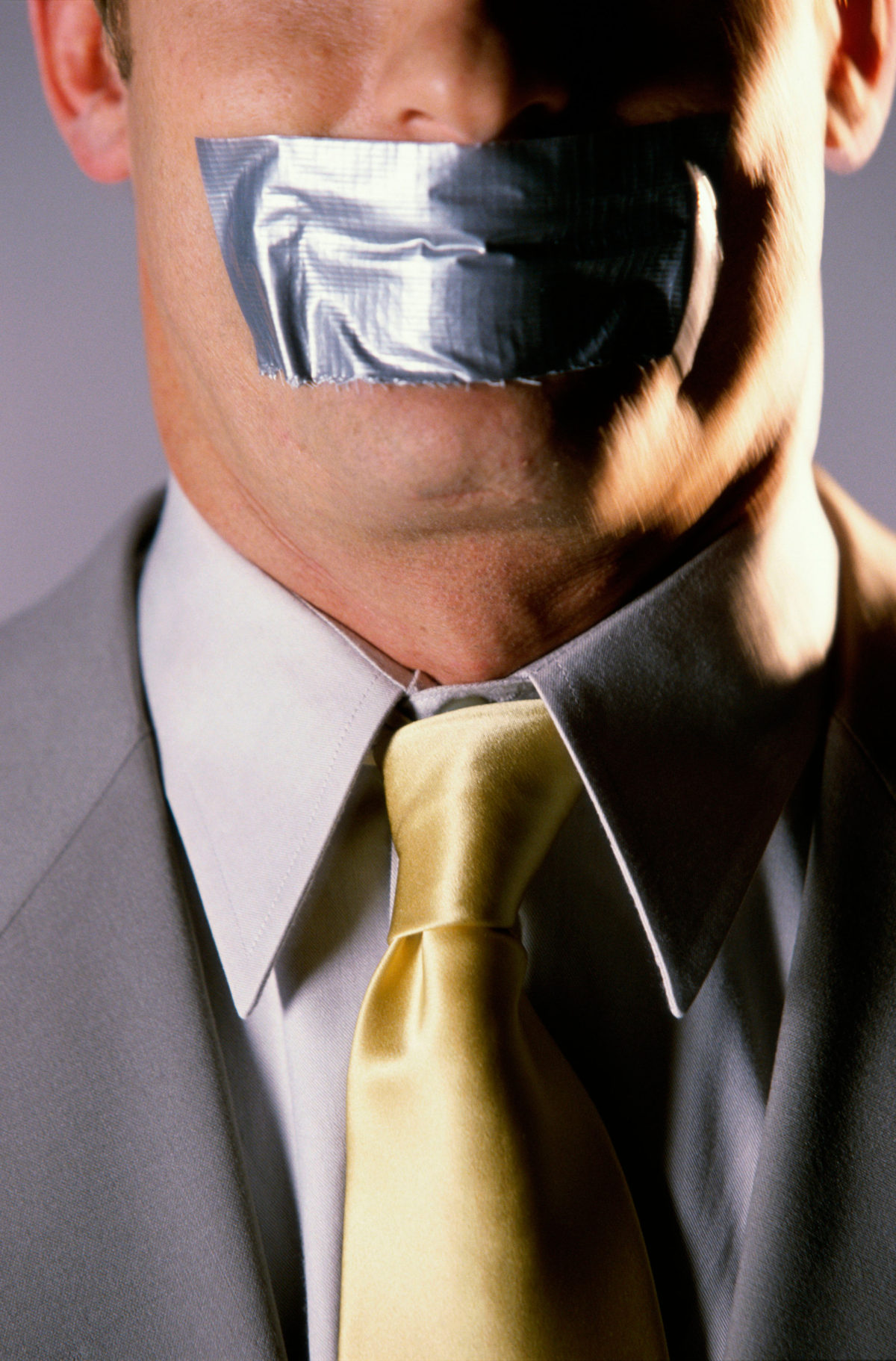
Docket Number: 20-cv-3822 (E.D. Pa.)
Appellate Case Number: 22-1733 (3rd. Cir.)
On August 6, 2020, the Hamilton Lincoln Law Institute filed a civil rights suit against the members of Disciplinary Board of the Supreme Court of Pennsylvania to block implementation of a rule that would chill free speech by Pennsylvania-licensed attorneys.
HLLI won preliminary injunction against enforcement of the initially-proposed rule, which prompted a the adoption of a new rule, which still has the potential to chill speech, as the district court agreed in granting summary judgment. However, the Third Circuit reversed, and the Supreme Court declined to accept the case for review on April 22, 2024.
Background
On June 8, 2020, the Pennsylvania Supreme Court (which regulates attorney conduct in the state) adopted Rule 8.4(g) of the Rules of Professional Conduct. This new rule was adapted from ABA Model Rule 8.4(g), and would make it professional misconduct to “knowingly manifest bias or prejudice” in their professional conduct, “including but not limited to continuing legal education [CLE] seminars, bench bar conferences and bar association activities.” HLLI brought suit on behalf of Zachary Greenberg, a Pennsylvania-licensed attorney working for a non-profit organization that advocates on behalf of students’ constitutional rights and regularly speaks at CLE and non-CLE events on a variety of hot-button legal issues including the constitutionality of hate speech regulation and Title IX’s effect on the Due Process rights of individuals accused of sexual assault and misconduct.
Rule 8.4(g) threatens to impose civil and professional sanction on Greenberg if an audience member misconstrues his speech as a manifestation of bias or prejudice and registers a complaint with the Office of Disciplinary Counsel. Every speaking engagement carries this risk because Rule 8.4(g) does not clearly define “bias or prejudice,” but it does penalize the use of “words” that supposedly manifest bias.
Greenberg—and all Pennsylvania attorneys—are subjected to this risk because many academics and most Supreme Court Justices have been accused of racism, sexism, or bigotry. Under the new rule, Greenberg would not feel comfortable speaking on sensitive subjects like academic freedom and university regulation of hateful expression—which are part of his job at the Foundation for Individual Rights in Education.
Greenberg and HLLI filed a motion for preliminary injunction to prevent the new rule from going into effect.
On December 8, 2020 the district court granted Greenberg’s motion for preliminary injunction and simultaneously denied the Disciplinary Committee’s motion to dismiss. The court found that amended Rule 8.4(g) violates the First Amendment and would chill the speech of Pennsylvania attorneys. The order prevents the amended rule from becoming effective, which would have otherwise occurred on December 8.
HLLI’s Ted Frank discussed the case at a Federalist Society teleforum on January 27, 2021.
Pennsylvania has appealed, but voluntarily dismissed their appeal on March 16, 2021, meaning the preliminary injunction stands.
Rather than abandon the rule, on July 26, 2021, the Pennsylvania Supreme Court adopted a new version of Rule 8.4(g), which shares many of the problems that Greenberg complained about because it purports to regulate speech having little to do with the practice of law. The new rule, which did not go through the normal notice and comment procedure, was passed over the dissent of Justice Mundy who wrote that the “amendments fail to cure the Rule’s unconstitutional nature.” The new rule would become effective on August 25, 2021. Therefore, on August 19, Greenberg filed an amended complaint aimed at securing an injunction against the new rule.
On November 16, Greenberg filed a motion for summary judgment seeking a final judgment that Rule 8.4(g) remains unconstitutional, even as redrafted. On December 14, Greenberg filed his response to Pennsylvania’s motion for summary judgment.
On March 24, 2022, under the new caption Greenberg v. Goodrich, the district court granted summary judgment for Greenberg. The Disciplinary Board appealed to the Third Circuit on April 20, 2022, with the case now captioned Greenberg v. Lehocky. Greenberg filed his response brief on October 20, 2022 and was supported by numerous amicus briefs.
Petition for Review by the Supreme Court
On August 29, 2023, the Third Circuit reversed Greenberg’s victory, holding that he lacked standing to challenge the new rule. Greenberg sought rehearing of his case either by the same Third Circuit panel or by the Court en banc arguing the panel’s decision erred in looking to Greenberg’s amended complaint to establish his standing rather than his original complaint. The Third Circuit’s new rule, looking to Greenberg’s voluntary, non-substantively amended complaint, will confuse litigation, discourage litigants from amending their complaints, and impoverish the public record if the court does not reconsider its opinion. Two amici, Patrick G. Gould and the New Civil Liberties Alliance, filed briefs with the court in support of Greenberg’s petition, but the Circuit denied en banc review.
Due to the negative effect of this ruling on plaintiffs challenging government restrictions, on January 31, 2024, HLLI filed a petition for writ of certiorari for review by the Supreme Court. Fourteen organizations and individuals filed seven amicus briefs in support of Greenberg, urging the Court to grant the petition and hear the case.
The petition was denied on April 22, 2024.
HLLI’s Work in Similar Pending Cases
HLLI filed an amicus brief in support of two Connecticut attorneys challenging a similar rule in Connecticut rule that would prohibit attorneys from engaging in “derogatory or demeaning” speech or speech that “manifests bias or prejudice” with respect to certain protected characteristics. See Mario Cerame, et al. v. Michael Bowler.
Case Documents
